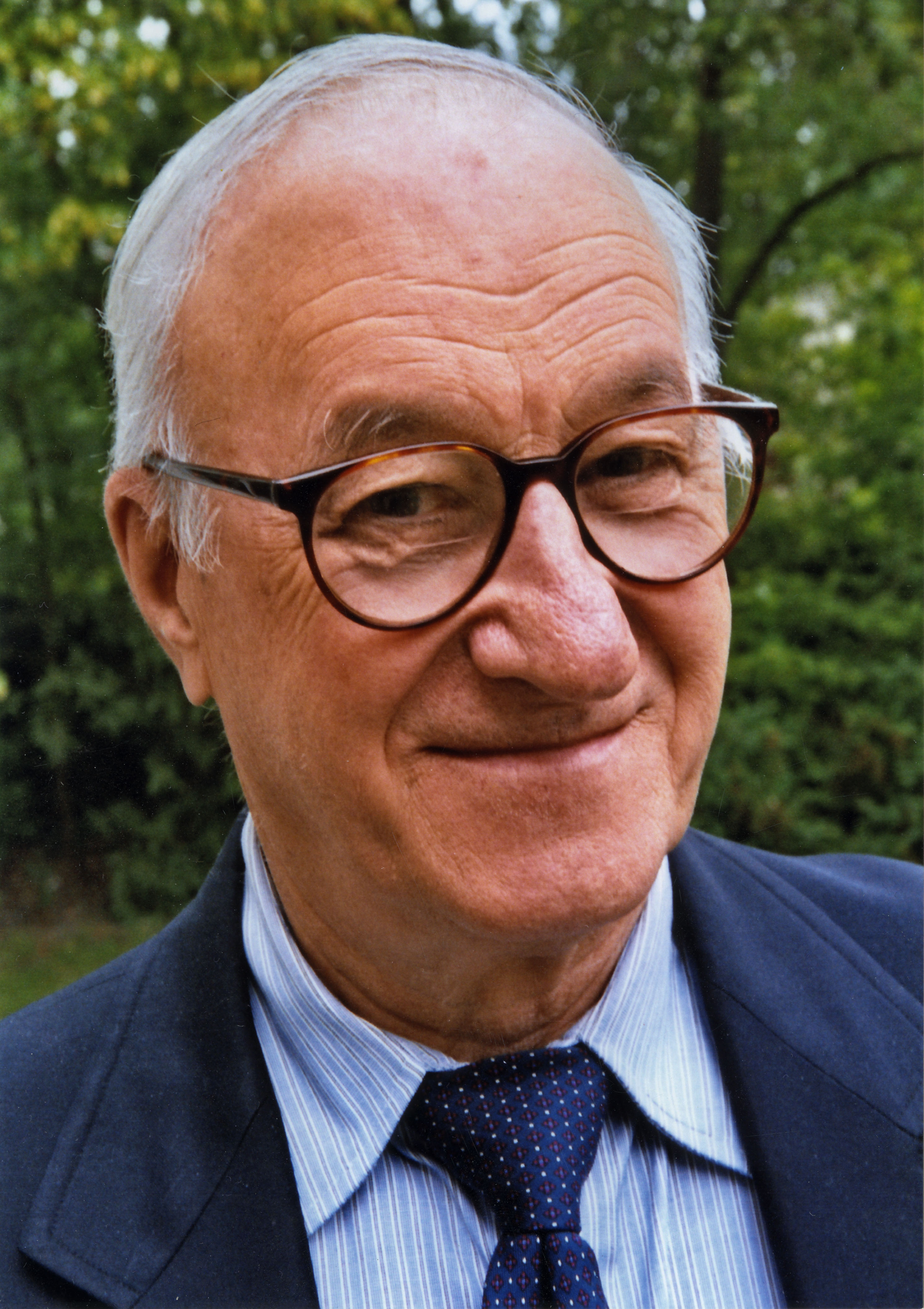Accomplishment is socially judged by ill defined criteria so that one has to rely on others to find out how one is doing.

"Albert Bandura" is a psychologist who is the David Starr Jordan Professor Emeritus of Social Science in Psychology at Stanford University. For almost six decades, he has been responsible for contributions to many fields of psychology, including social cognitive theory, therapy and personality psychology, and was also influential in the transition between behaviorism and cognitive psychology. He is known as the originator of social learning theory and the theoretical construct of self-efficacy, and is also responsible for the influential 1961 Bobo doll experiment. Social learning theory is how people learn through observing others. An example of social learning theory would be the students imitating the teacher. Self-efficacy is "the belief in one’s capabilities to organize and execute the courses of action required to manage prospective situations." To paraphrase, self-efficiacy is believing in yourself to take action. The Bobo Doll Experiment was how Albert Bandura studied aggression and non-aggression in children.
A 2002 survey ranked Bandura as the fourth most-frequently cited psychologist of all time, behind B. F. Skinner, Sigmund Freud, and Jean Piaget, and as the most cited living one. Bandura is widely described as the greatest living psychologist, and as one of the most influential psychologists of all time.
If you enjoy these quotes, be sure to check out other famous psychologists! More Albert Bandura on Wikipedia.Most of the images of reality on which we base our actions are really based on vicarious experience.
Moral justification is a powerful disengagement mechanism. Destructive conduct is made personally and socially acceptable by portraying it in the service of moral ends.
Learning would be exceedingly laborious, not to mention hazardous, if people had to rely solely on the effects of their own actions to inform them what to do. Fortunately, most human behavior is learned observationally through modeling : from observi.
Even the self-assured will raise their perceived self-efficacy if models teach them better ways of doing things.
In order to succeed, people need a sense of self-efficacy, struggle together with resilience to meet the inevitable obstacles and inequities of life.
Behavior, cognitive, and other personal factors, and environmental influences all operate interactively as determinants of each other.
The content of most textbooks is perishable, but the tools of self-directness serve one well over time.
Copyright © 2024 Electric Goat Media. All Rights Reserved.